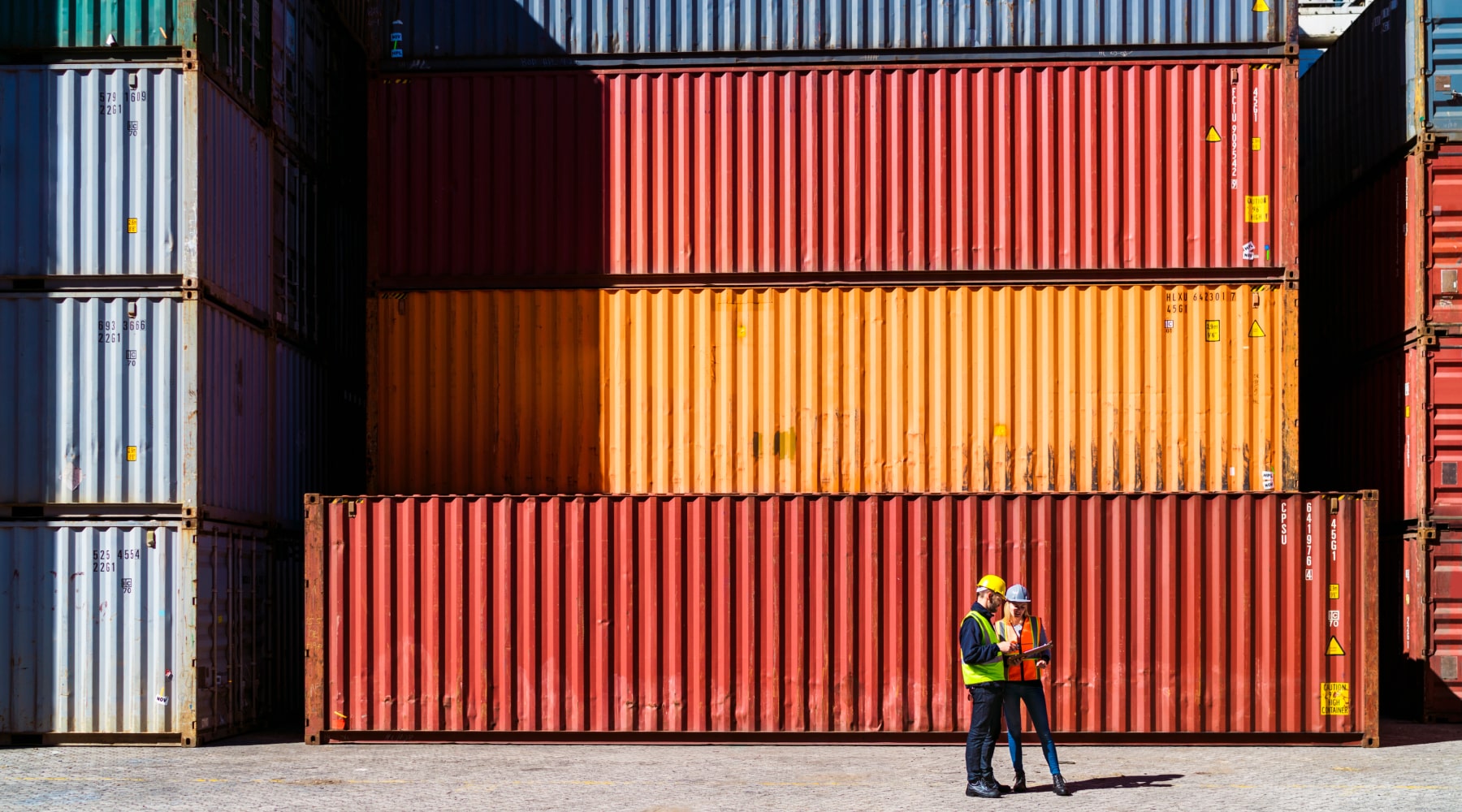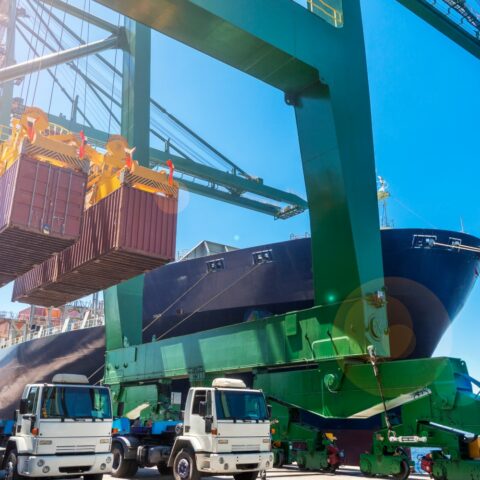The Challenge
Latin American and Caribbean countries have made significant progress in strengthening supply chain security through their trusted trader programs known as Authorized Economic Operator (AEO) programs. These programs, based on the World Customs Organization’s SAFE Framework of Standards, certify businesses that meet strict security requirements, granting them benefits such as fewer inspections and faster customs clearance. In Brazil, for example, AEO companies experience export and import clearance processes that are 65% and 81% faster, respectively, compared to non-AEO companies.
While AEO programmes are improving national trade efficiency, their full potential to facilitate South-South trade remains untapped. Without mutual recognition, an AEO-certified company in one country may still face inspections and delays when exporting to a regional trading partner. A Regional Recognition Arrangement (RRA) allows participating customs administrations to recognise each other’s AEO-certified companies, creating a seamless and secure trade corridor across multiple countries. This enhances both trade facilitation and security by allowing customs to focus inspections on unknown, high-risk cargo rather than trusted traders.
What We Are Doing
The Alliance has partnered with eleven Latin American and Caribbean countries—Argentina, Bolivia, Brazil, Colombia, Costa Rica, Chile, Dominican Republic, Guatemala, Paraguay, Peru, and Uruguay—to establish an AEO Regional Recognition Arrangement (RRA). This arrangement strengthens supply chain security, and increases intra-regional trade, making it simpler, faster, and more cost-effective for AEO companies to move goods across the region.
To ensure successful implementation of the agreement, we supported:
- RRA negotiations and joint site validations, a crucial step for customs administrations to assess and trust each other’s AEO programs.
- The active participation of the private sector, ensuring that the agreement delivers real and measurable benefits for businesses engaged in regional trade.
- The development of an IT platform that allows participating customs authorities to efficiently manage the AEO certification.
The Impacts
For businesses: AEO-certified companies can now trade across 11 countries with fewer inspections, faster border clearance, and lower costs, making regional trade more predictable and reliable.
For customs administrations: The agreement allows customs to focus resources on higher-risk shipments, improving security while increasing operational efficiency.
For the region: The arrangement reinforces economic integration, strengthens regional supply chains, and boosts South-South trade opportunities.




